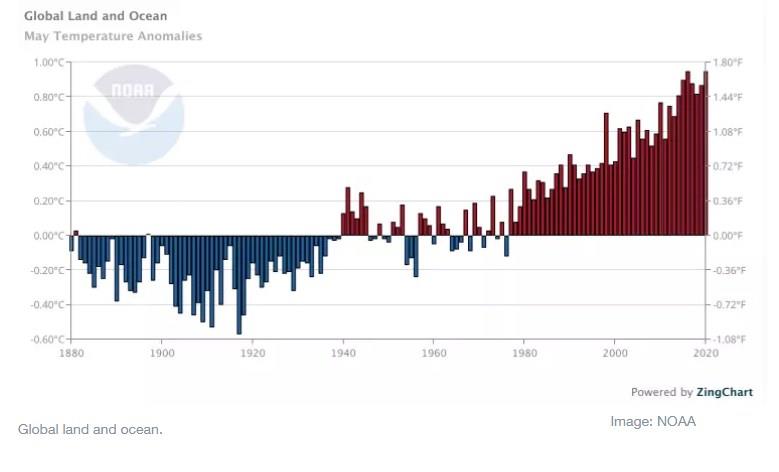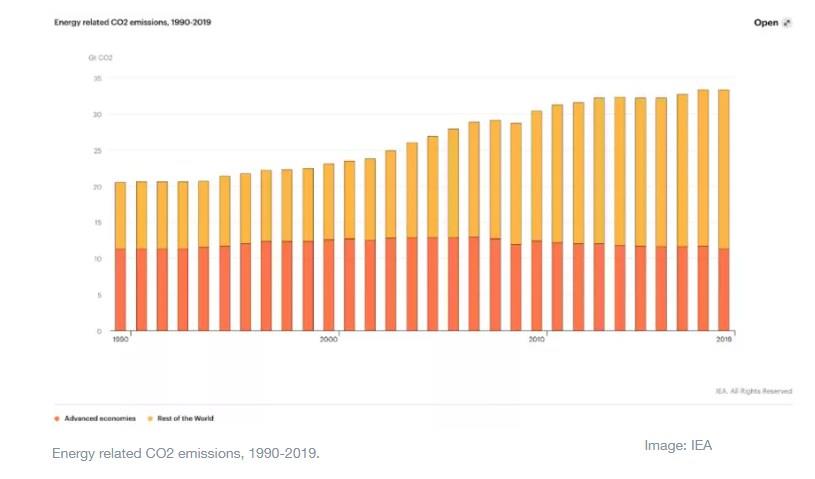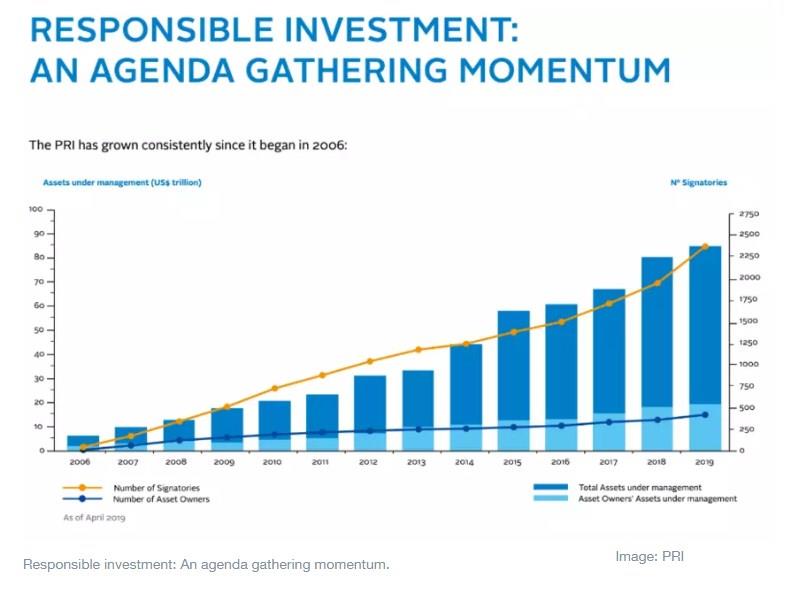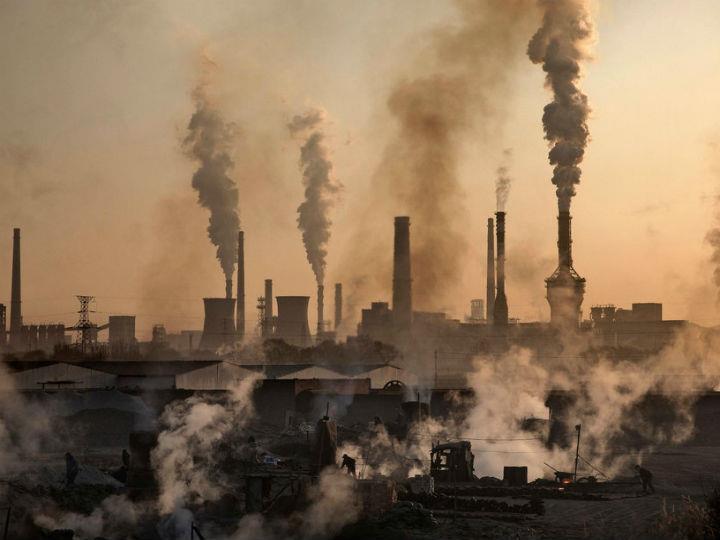by Johnny Wood*
More than half a century ago, one of the first images of Earth adrift in space was taken by the Apollo 8 space mission. The shot is often credited with creating an attitude shift that helped inspire the environmental movement.
Now COVID-19 could have brought the world to a similar “Earthrise” moment of realization, suggests a new report.
The Sustainability Trends Report 2020, compiled by Generation Investment Management (GIM), says the pandemic has boosted awareness of the urgent need for a decisive shift to sustainability. The economic and social hiatus caused by the outbreak provides a once-in-a-generation opportunity to reevaluate how we live, work, and what we want or need to consume, the report states. It could be a powerful catalyst for a more sustainable future.
Great expectations
While the current threat to global health can be mitigated by the development of an effective vaccine, and economies regenerated over time by financial stimuli, there is no simple antidote to the climate crisis, the report warns.

Land and ocean temperatures are approaching 1? rises above pre-industrial averages, data from NOAA shows. Within the past two decades, natural catastrophes, such as droughts, floods and severe storms, have increased more than threefold – from around 250 in 1980 to almost 850 in 2018.
Despite global calls to reduce emissions from environmentalists, climatologists, industrialists and politicians, emissions remain on an upward trajectory.

Since 1990, emissions in advanced economies have remained relatively stable, but have more than doubled in the rest of the world, peaking at 22 gigatonnes of CO2 in 2019, mostly due to the booming industrial growth of emerging economies in regions like Asia.
To stop global temperatures exceeding 1.5? above pre-industrial times, the report notes, emissions need not just to stop increasing, they need to fall by 7.6% per year for the next decade, more than the expected drop from COVID-19 in 2020.
Efforts underway
The good news is that it’s not too late to reverse climate change, the report says. But we need new approaches that speed up the switch to sustainability.
GIM sees that while the pandemic has exposed social and economic inequalities and revealed how vulnerable the planet and its inhabitants are to sudden shocks, it has also raised awareness of the fragility of our natural system and the need for a unified approach to fighting climate change.
Environmentally sustainable business practices are on the up, the report shows, and global infrastructure investments are crucially aligned with the transition to net-zero emissions.
Many financial institutions are moving towards more sustainable investments, driven by recognition of the importance of environmental, social and governance (ESG) issues and growing calls by clients for ethical transparency.

The UN-supported Principles for Responsible Investment is working towards a sustainable global financial system. There are more than 2,000 signatories from institutional investors representing $80 trillion of assets. Climate change risks (and opportunities) are also being integrated into financial services, making a strong business case for more sustainable practices. That said, there is still a long way to go before all investors and companies fully move on from simply maximizing shareholder returns.
Amid UN calls to “build back better”, the pandemic represents a unique opportunity to rebuild the global economy with the planet’s health in mind, according to the report.
Actors like the European Commission, France, Canada and the UK, have put stimulus packages in place which prioritize a sustainable recovery, but the bulk of post-lockdown stimulus packages are aimed at a return to business as usual. But business and investors have a critical role in steering economic recovery towards a more sustainable future.
The pandemic has shown the willingness of some companies to step forward, commit resources and work with others to help the fight against COVID-19, the report states. A continued attitude of cooperation and redefining stakeholder responsibilities to include the health of the planet is key to an effective recovery.
The World Economic Forum is calling for a “great reset”, in which the world acts jointly and quickly to reinvigorate every aspect of our societies and economies, requiring commitments from all countries to transform every economic sector and build a better, more sustainable society.
If we want to keep the planet looking as it did in that iconic Apollo 8 image, this – it’s becoming increasingly clear – is the moment to act.
*Senior Writer, Formative Content
**first published in: www.weforum.org




 By: N. Peter Kramer
By: N. Peter Kramer
